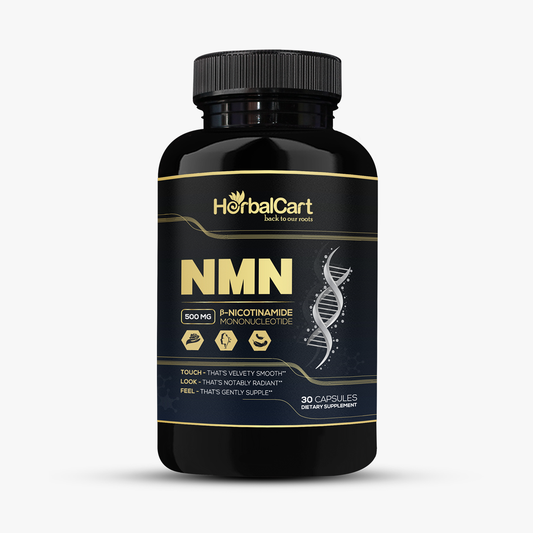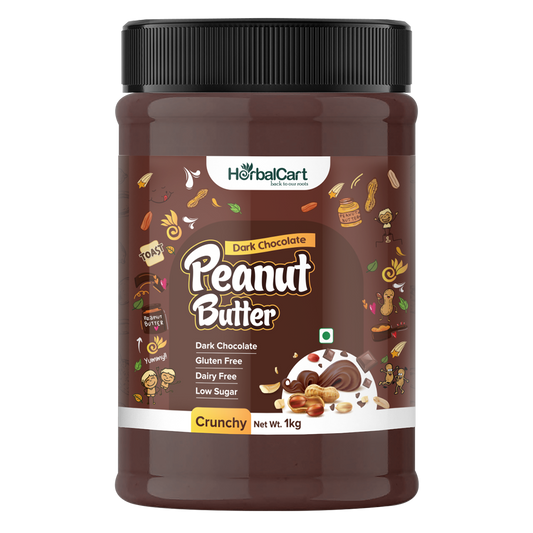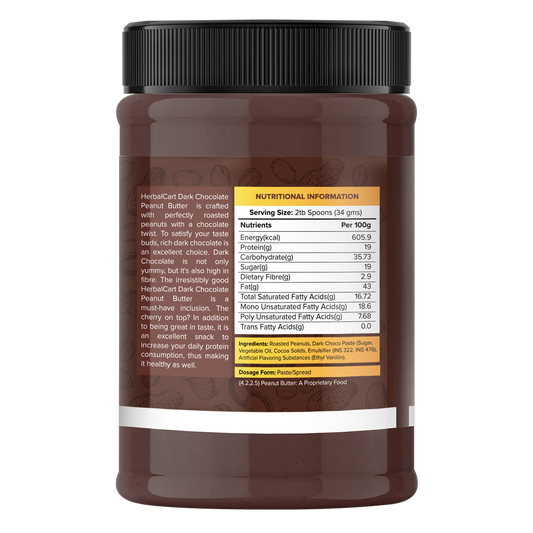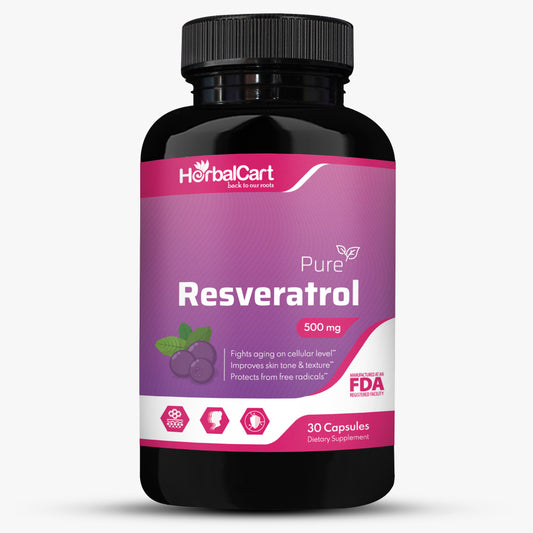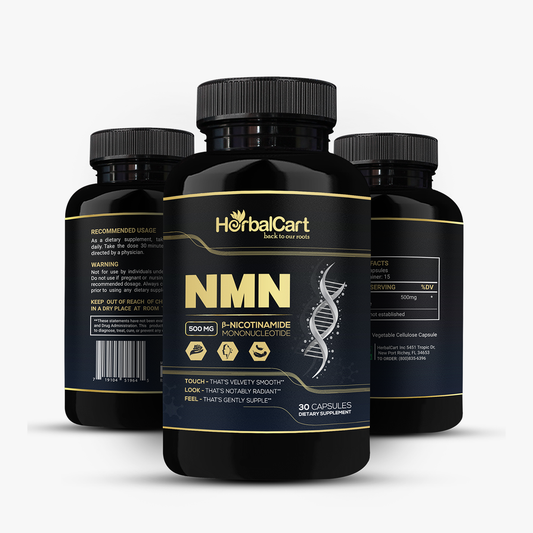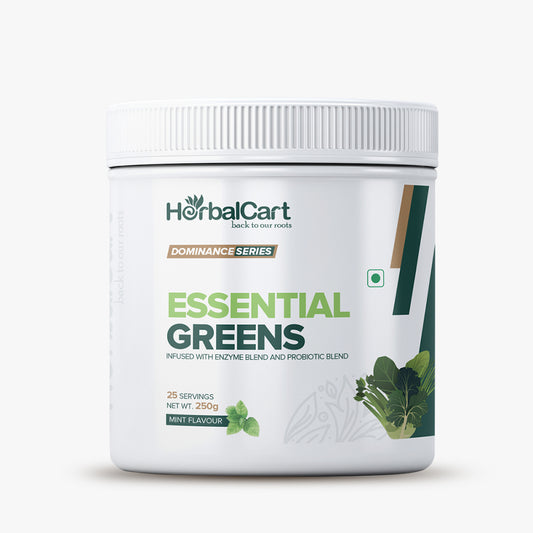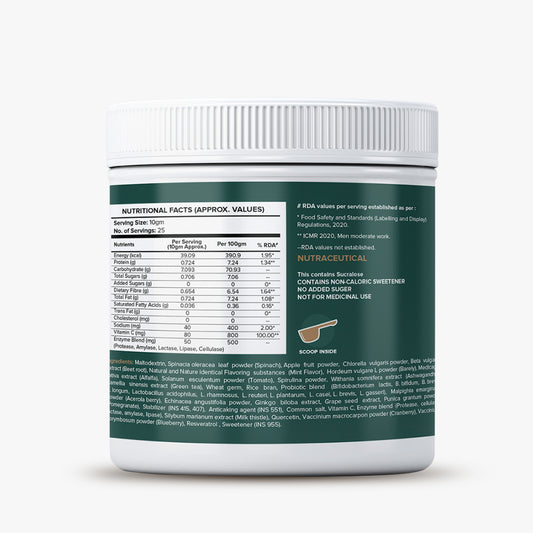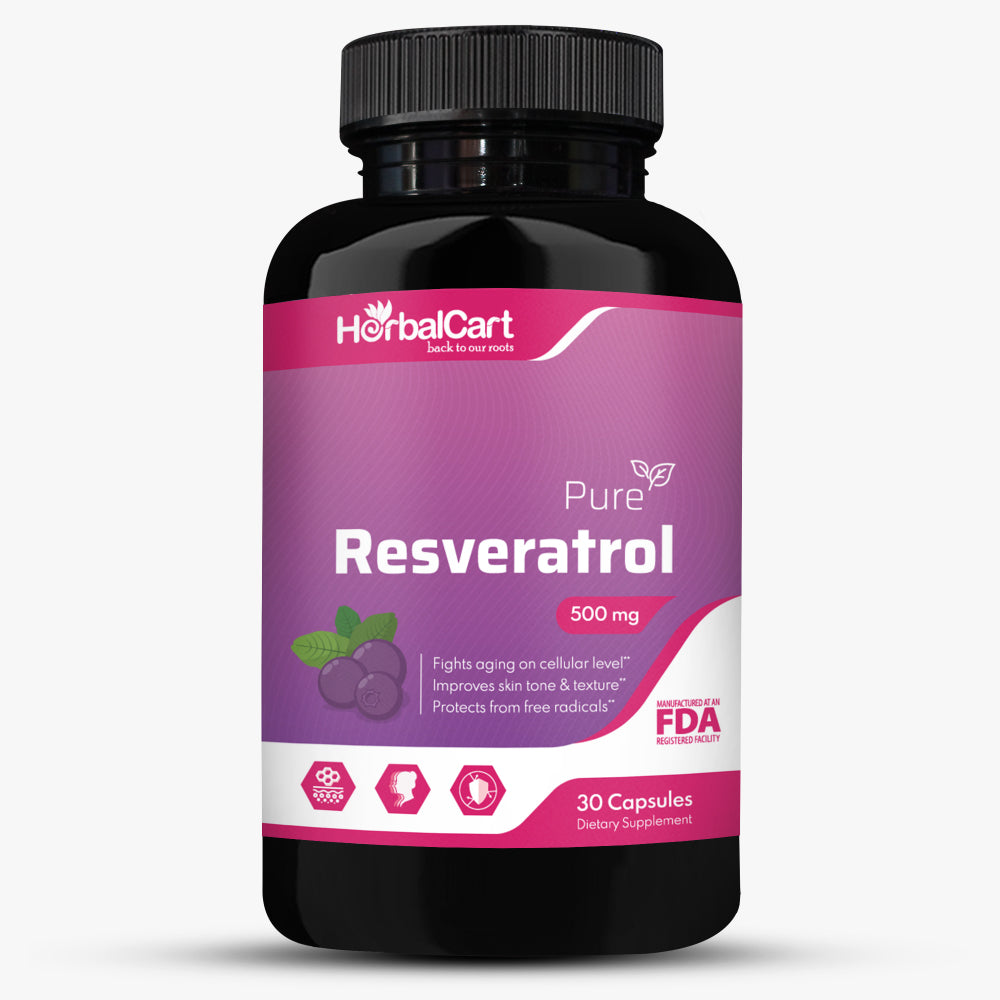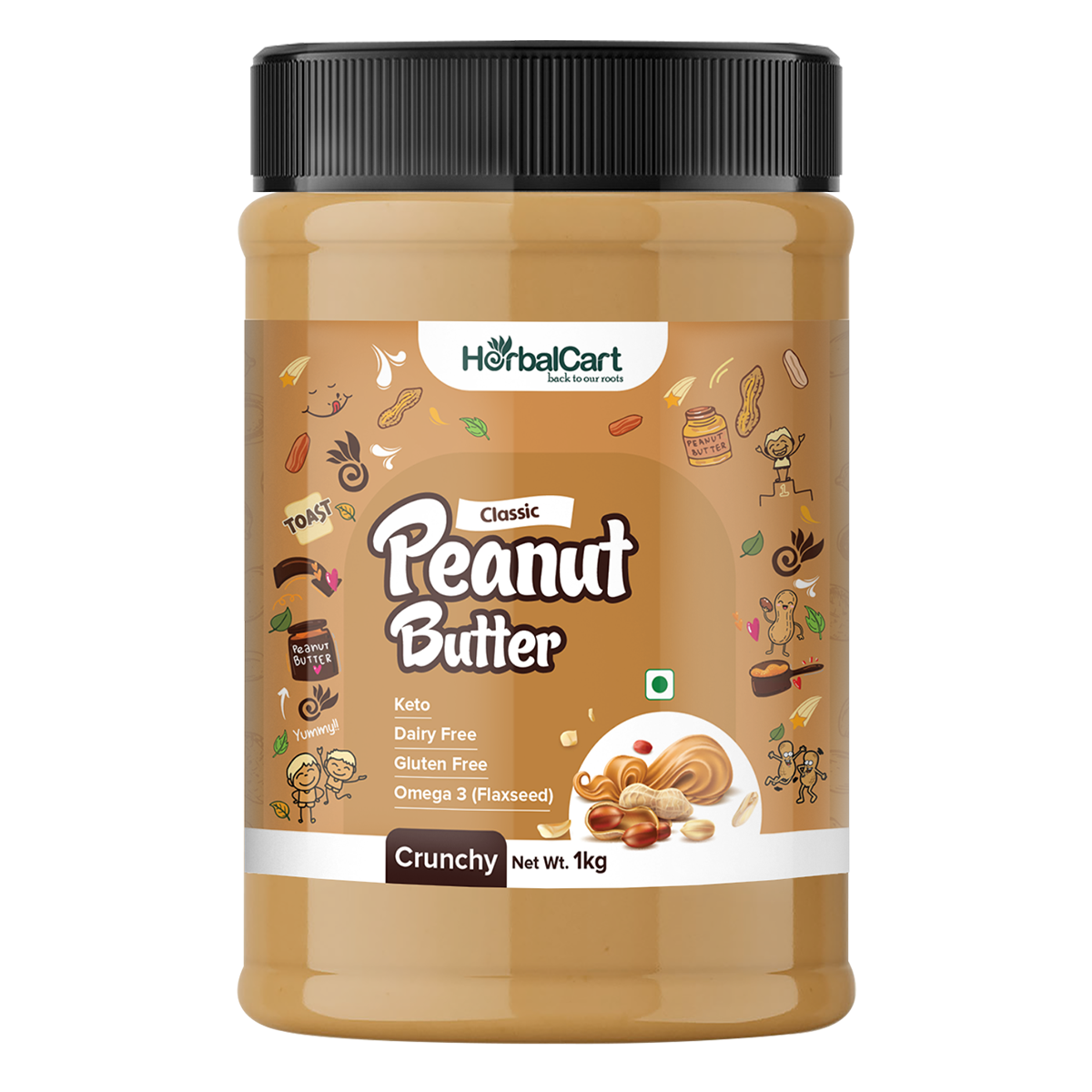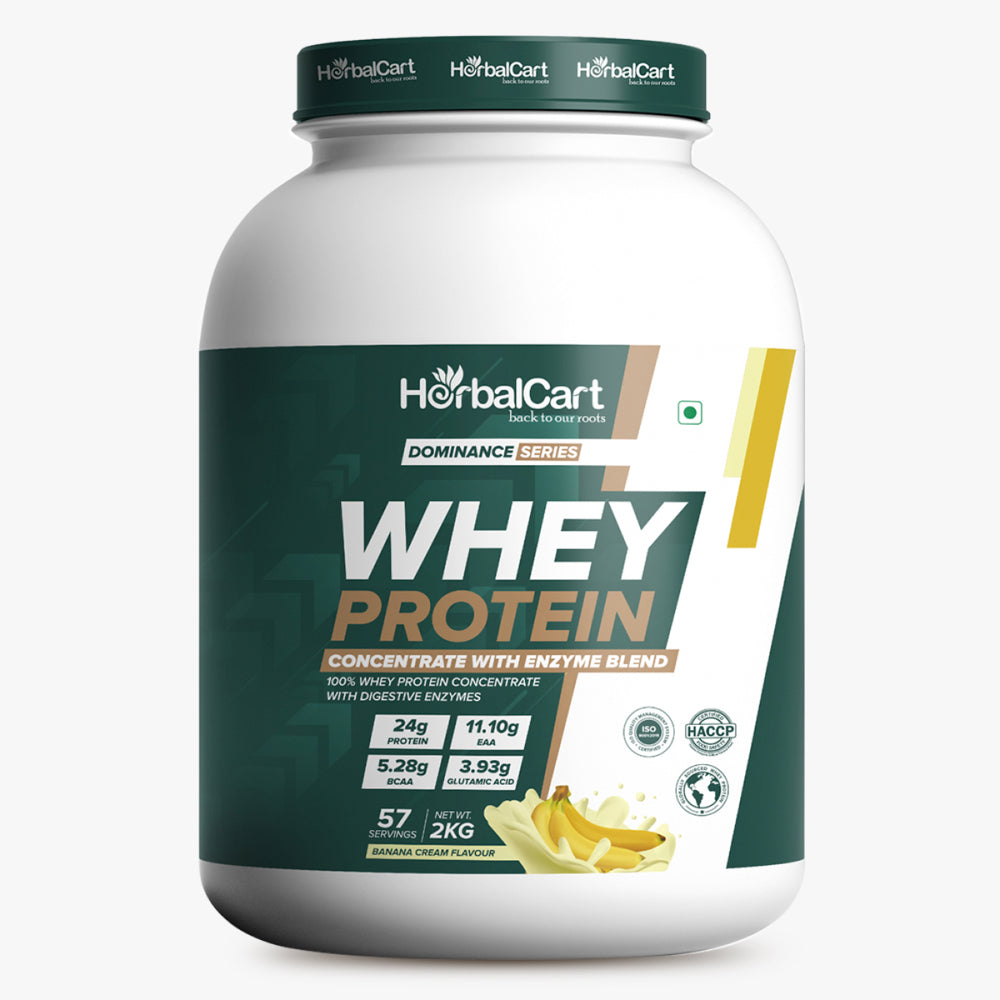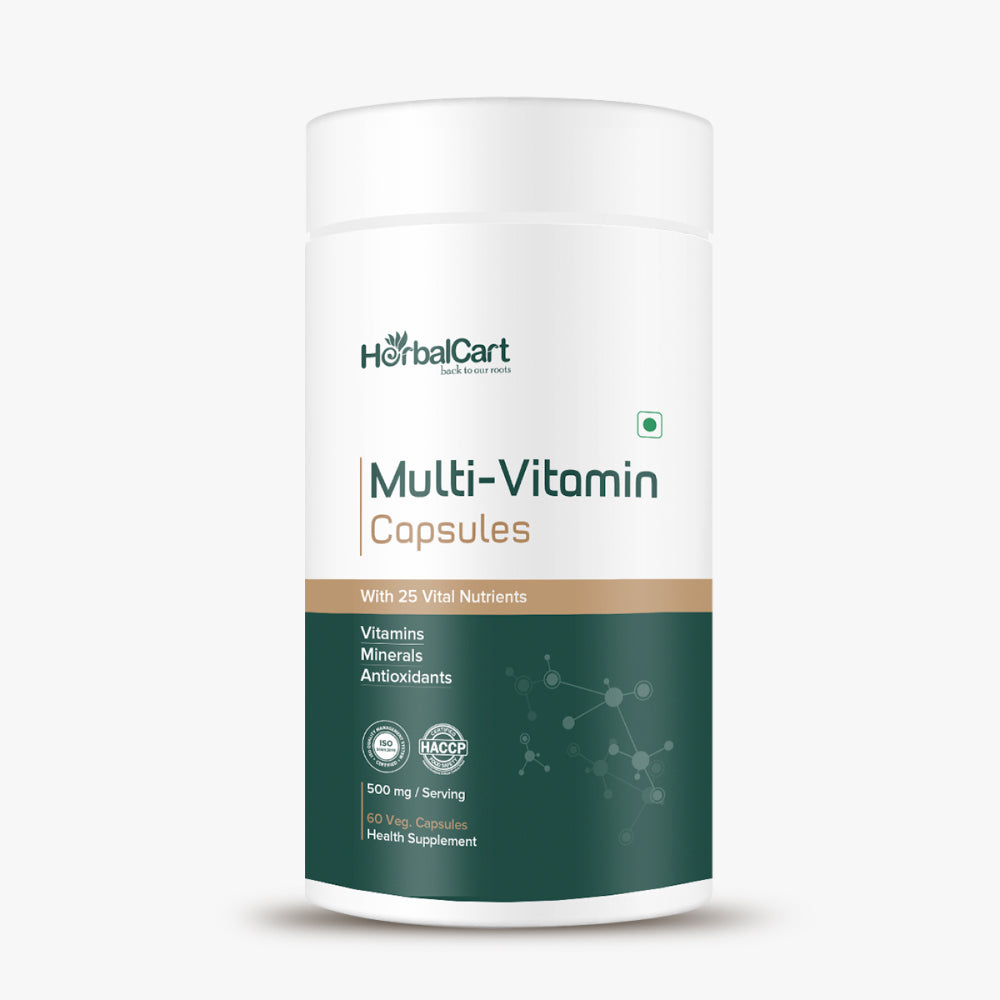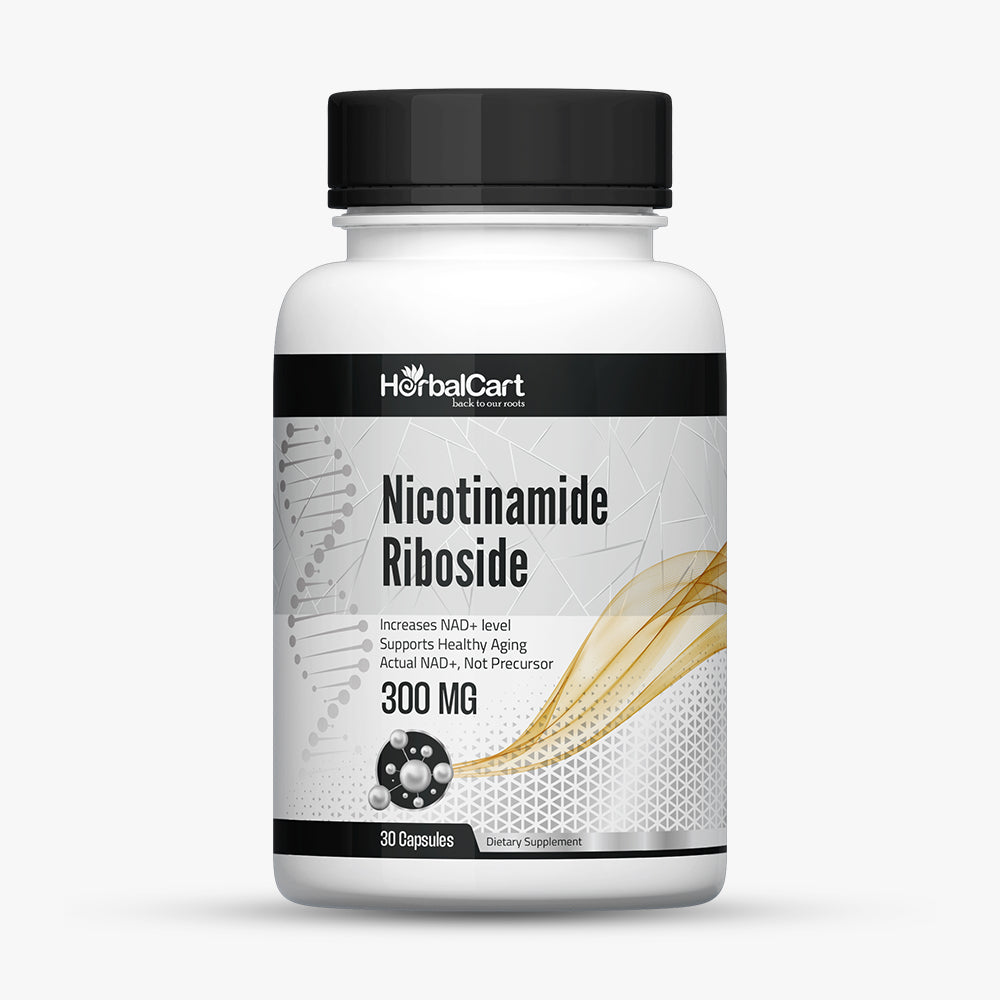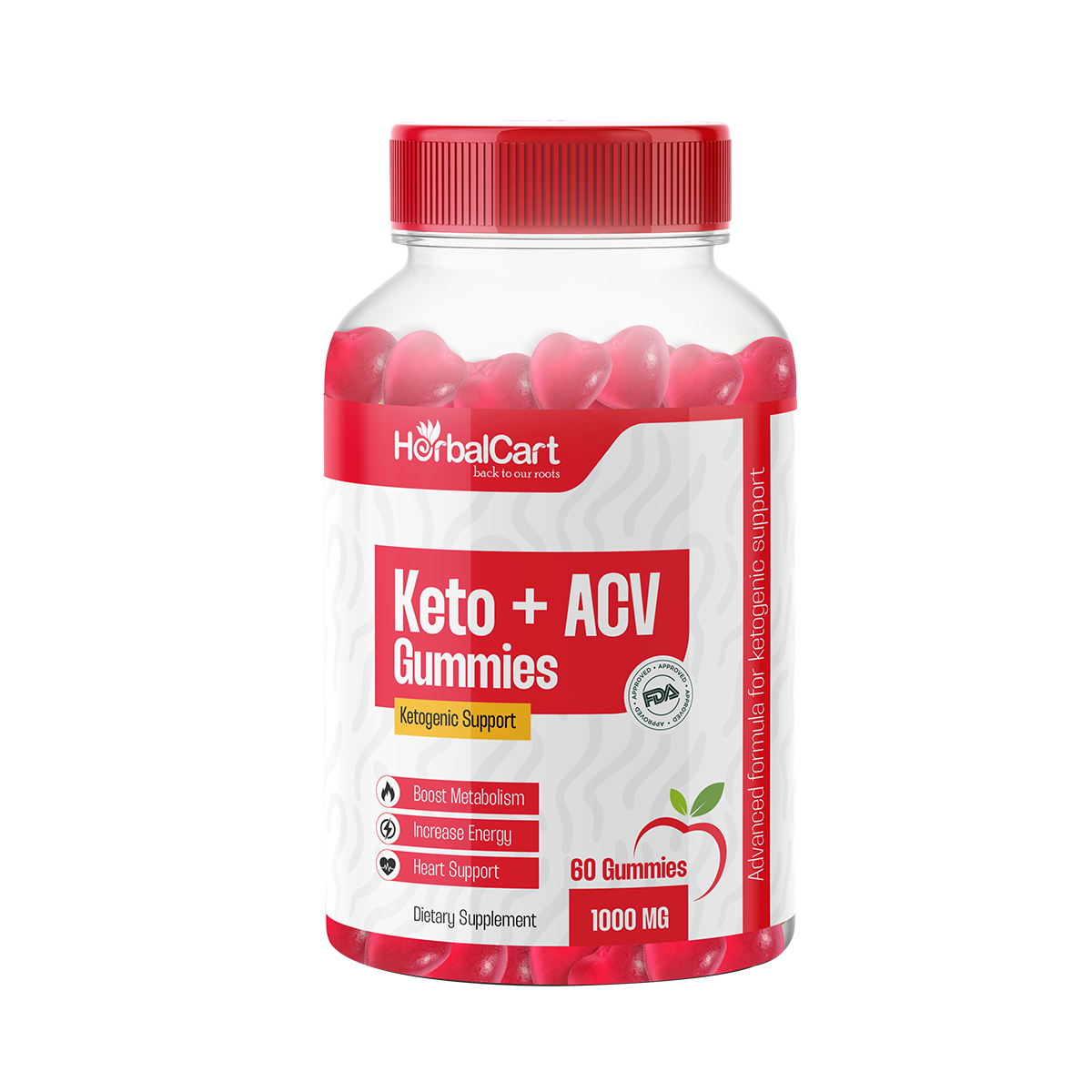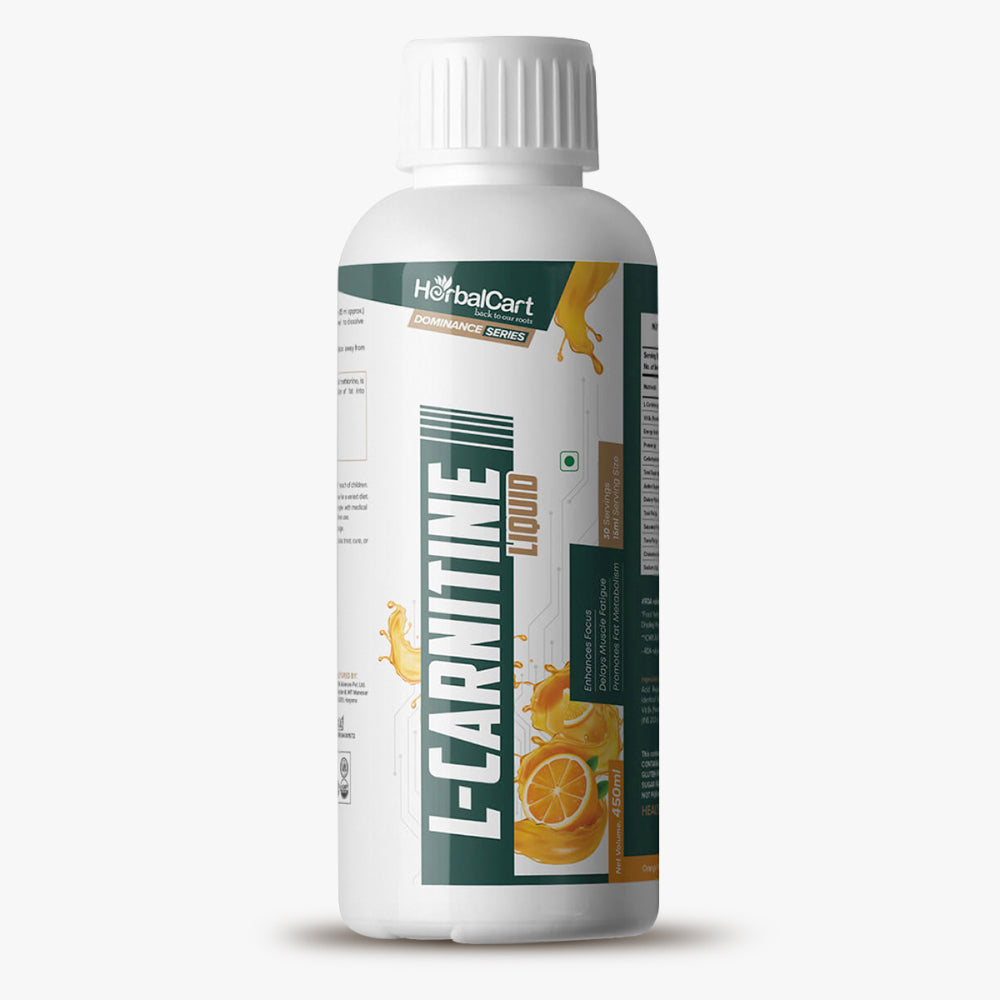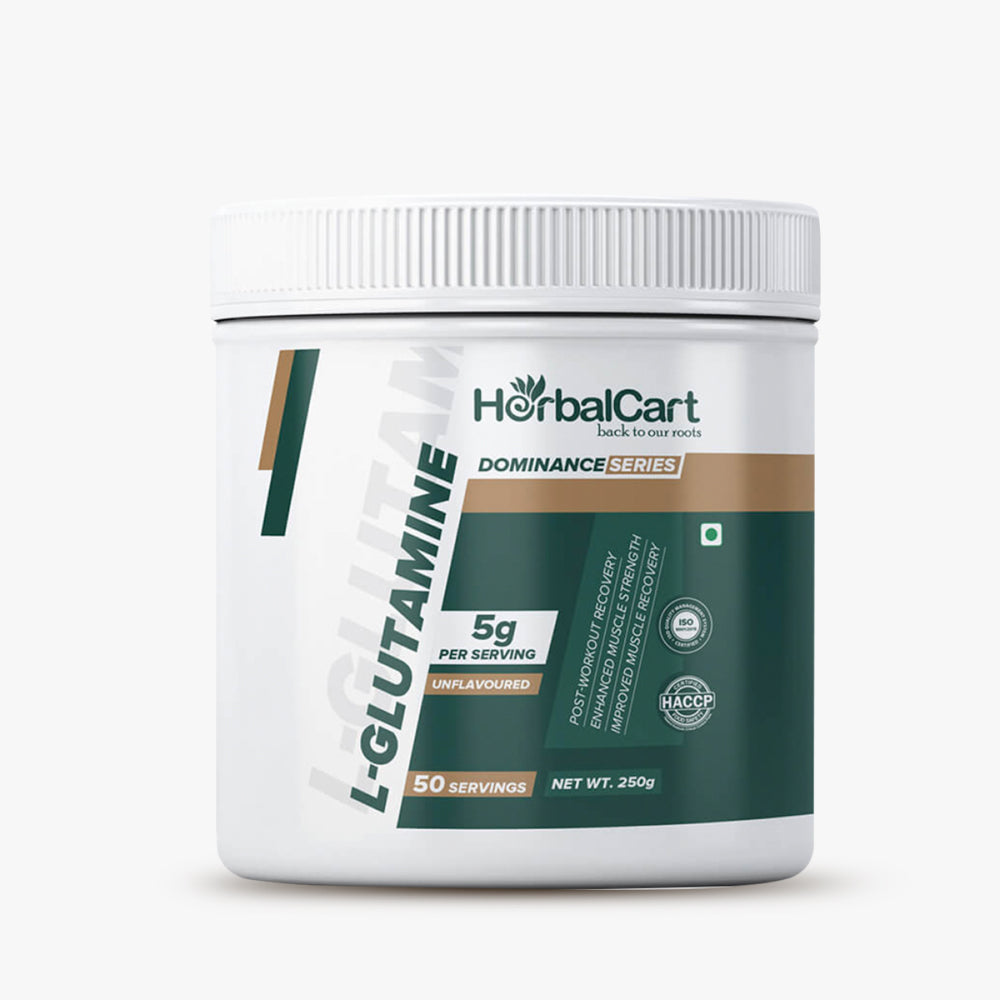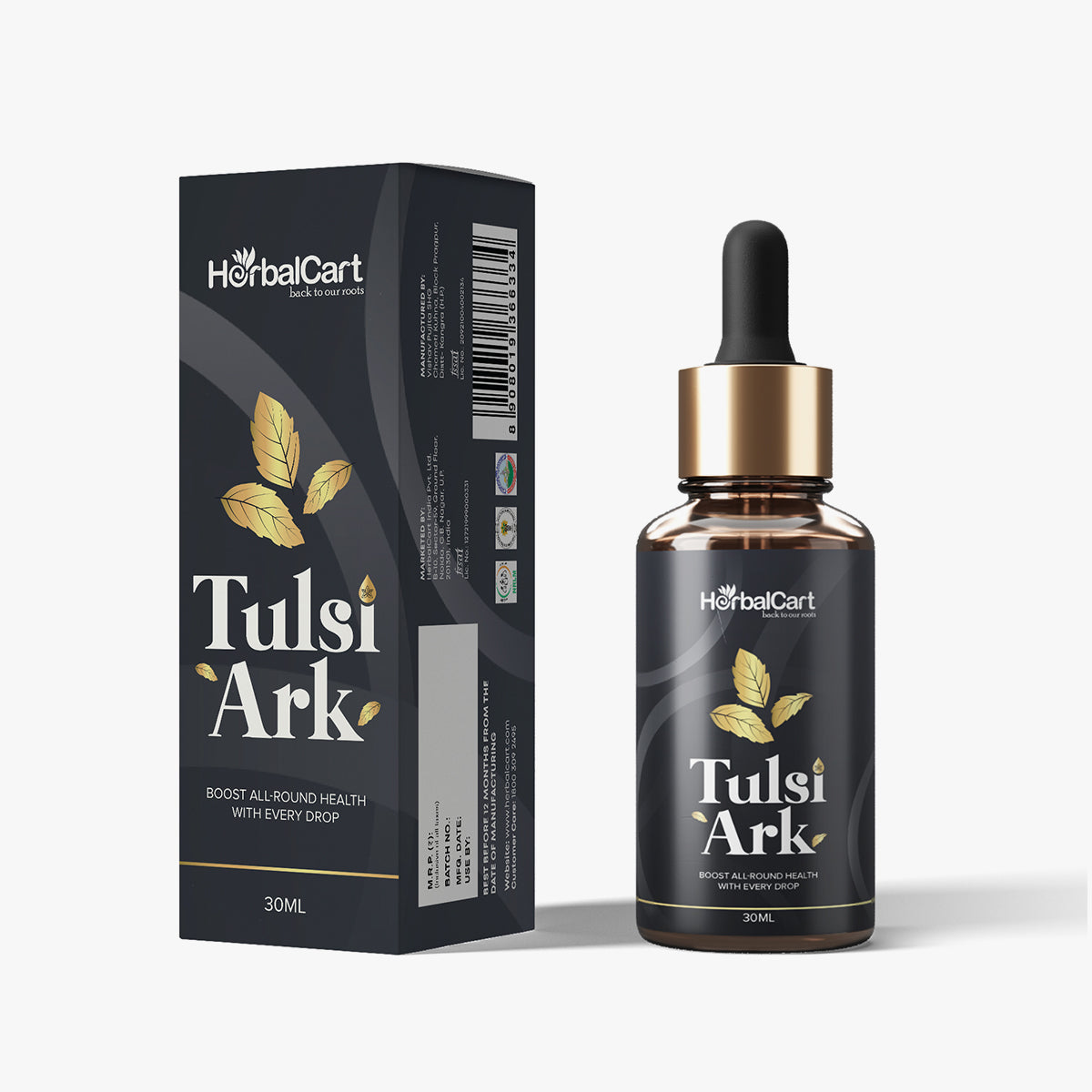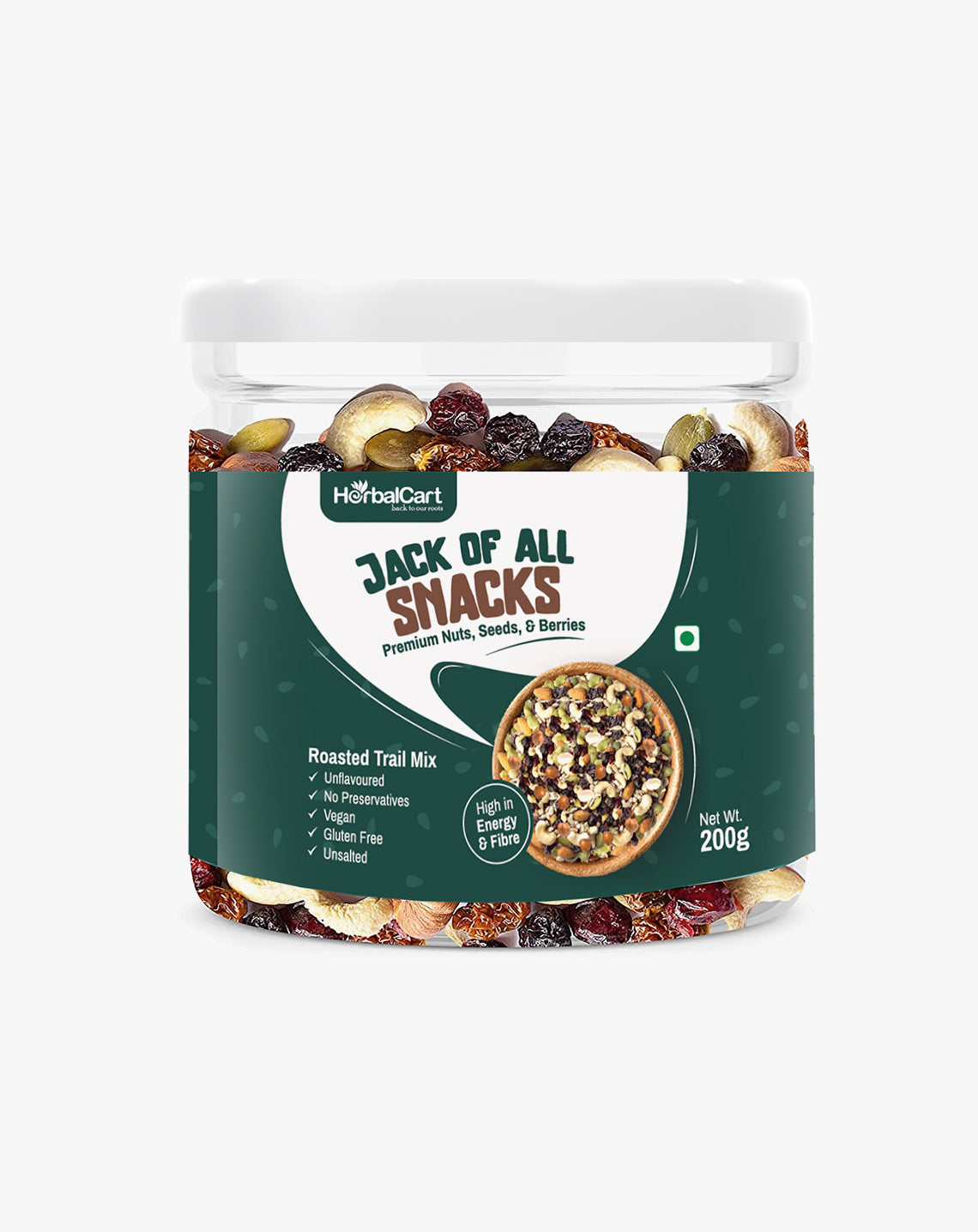The human gut has a trillion-strong collection of microorganisms that do essential tasks such as digesting food, protecting the immune function, and even influencing mental health. During the last few years, probiotics, which are good bacteria that are friends of your gut, have become very well known because of the positive effects they bring to the digestive system and the whole body. Nevertheless, the critical question remains: What is the best time to take probiotics to achieve the best possible result?
Studies have shown that the time the probiotics are taken during the day can significantly affect their effectiveness in working in your body. Probiotics on the right path will be in charge of several factors like acceptable probiotic strains, health targets, and the habit of your daily life. This well-organized handbook elaborates on when to take probiotics by investigating the scientific aspects and offers clear advice for users of these friendly bacteria.
The Science of Probiotics: Beyond the Basics
What Are Probiotics?
Probiotics are live microorganisms that confer a health benefit on the host when administered in adequate amounts. While the World Health Organization's definition seems straightforward, the complexity of probiotics lies in their diversity. There are hundreds of probiotic species and strains, each with unique characteristics and potential health benefits.
The most common probiotic families include:
-
Lactobacillus: Commonly found in fermented foods and the human digestive tract, these bacteria produce lactic acid, which helps control harmful bacteria and may improve digestion.
-
Bifidobacterium: Naturally present in the human gut, especially in infants, these bacteria help break down fiber and complex carbohydrates and may help prevent intestinal infections.
-
Saccharomyces: This is a beneficial yeast, with Saccharomyces boulardii being particularly well-studied for preventing and treating diarrhea.
How Probiotics Work
Probiotics function through several mechanisms:
-
Competitive exclusion: They compete with pathogenic (harmful) bacteria for nutrients and attachment sites in the gut lining.
-
Antimicrobial production: Many probiotics produce substances that inhibit harmful bacteria.
-
Barrier enhancement: They strengthen the intestinal barrier, preventing leaky gut.
-
Immune modulation: Probiotics interact with the immune system, potentially reducing inflammation and enhancing immunity.
-
Neurological influence: Emerging research suggests some probiotics may affect brain function through the gut-brain axis.
Understanding these mechanisms is essential because they influence when you should take probiotics for optimal effect.
Optimal Timing for Probiotic Supplementation
The Stomach Acid Challenge
One of probiotics' most significant hurdles is surviving the stomach's highly acidic environment. With a pH between 1.5 and 3.5, stomach acid can destroy many probiotic organisms before they reach the intestines, where they're most beneficial.
This is where timing becomes crucial.
Morning vs. Evening: What the Research Says
Taking Probiotics in the Morning
Pros:
-
Studies show that taking probiotics 30 minutes before a meal, when stomach acid production is relatively low, can increase the survival rates of the beneficial bacteria.
-
Morning routines are often more consistent, making regular probiotic schedules easier.
-
For those with specific conditions, such as IBS (Irritable Bowel Syndrome), morning supplementation may help manage symptoms throughout the day.
Cons:
-
Some probiotic strains may be compromised if taken immediately before or with breakfast, especially with acidic foods like orange juice.
-
For those who take medications in the morning that alter stomach pH, timing becomes more complex.
Taking Probiotics in the Evening
Pros:
-
Research published in the World Journal of Gastroenterology suggests that taking probiotics at night, particularly 2-3 hours after the last meal, may provide optimal conditions for probiotic survival.
-
Digestive processes slow during sleep, potentially giving probiotics more time to colonize the gut.
-
Evening supplementation may benefit those using probiotics to address sleep issues related to gut health.
Cons:
-
Evening snacking can interfere with probiotic efficacy.
-
Those with reflux conditions may have increased stomach acid production at night, potentially affecting probiotic survival.
With Food or Without Food?
Whether to take probiotics with food generates significant debate among researchers.
With Food:
-
A 2011 study published in Beneficial Microbes found that probiotic bacteria survived in significantly higher numbers when taken within 30 minutes of a meal or with a meal containing fats.
-
The presence of food buffers stomach acid and slows digestive transit, potentially protecting probiotics.
-
Meal composition matters; foods with healthy fats may enhance probiotic survival by providing a protective coating around the bacteria.
Without Food:
-
Some specific strains, particularly those in enteric-coated or technology-enhanced capsules, may be designed to be taken on an empty stomach.
-
For certain conditions, like small intestinal bacterial overgrowth (SIBO), some practitioners recommend taking probiotics on an empty stomach to ensure they reach the small intestine quickly.
Strain-Specific Considerations
Not all probiotics are created equal, and different strains may benefit from different timing approaches:
-
Spore-forming probiotics (like particular Bacillus species) are naturally resistant to stomach acid and can typically be taken with less concern about timing.
-
Saccharomyces boulardii: This probiotic yeast is relatively acid-resistant and maintains viability across a broad pH range, making it more flexible in timing.
-
Lactobacillus and Bifidobacterium species: Generally more sensitive to stomach acid, these often benefit from strategic timing around meals.
Special Considerations for Specific Health Conditions
Inflammatory Bowel Disease (IBD)
Timing probiotics during disease flares requires careful consideration for those with Crohn's disease or ulcerative colitis. Some research suggests that taking probiotics during remission is most beneficial, while other studies indicate that specific strains may help during active inflammation. Consulting with a gastroenterologist is essential.
Irritable Bowel Syndrome (IBS)
Research published in the journal Gut showed that certain probiotic strains, when taken 30-60 minutes before the first meal of the day, helped reduce symptoms of IBS throughout the day. For those with diarrhea-predominant IBS, evening supplementation may help regulate morning bowel movements.
Small Intestinal Bacterial Overgrowth (SIBO)
Timing is particularly complex for SIBO patients. Some practitioners recommend taking probiotics on an empty stomach to ensure they pass quickly through the small intestine to the colon. In contrast, others suggest avoiding probiotics entirely during active SIBO treatment.
Antibiotic Treatment
Research strongly supports separating probiotics from antibiotic doses by at least 2 hours when taking antibiotics. This minimizes the chance that the antibiotic will kill the beneficial bacteria in the probiotic supplement.
Lifestyle Factors Affecting Probiotic Timing
Daily Routine Considerations
Consistency is key for probiotic supplementation. Studies show that regular, daily intake leads to better colonization than intermittent use. Choose a time that works reliably with your schedule; even the best timing strategy is ineffective if you frequently forget to take your supplement.
Diet and Probiotic Interactions
What you eat affects how probiotics work in your system:
-
High-fiber foods promote probiotic growth and activity, making them excellent companions to probiotic supplementation.
-
Fermented foods like yogurt, kefir, and sauerkraut naturally contain probiotics and may enhance the effectiveness of supplements.
-
Prebiotic foods (garlic, onions, bananas, and asparagus) fuel probiotics and may increase their effectiveness.
-
Alcohol and high-sugar foods may negatively impact probiotic viability and should be avoided during probiotic supplementation.
Activity Levels and Timing
Some preliminary research suggests that taking probiotics before or after exercise may enhance their colonization, possibly due to changes in gut motility and blood flow during physical activity. However, avoiding probiotics immediately before intense exercise is advisable to prevent potential digestive discomfort.
Probiotic Storage and Viability
The timing of when you take your probiotics matters, and so does how you store them.
-
Many probiotics require refrigeration to maintain viability.
-
Heat, moisture, and oxygen exposure can significantly reduce the number of live organisms in your supplement.
-
Check expiration dates carefully. Using expired probiotics may mean taking significantly fewer live bacteria than indicated on the label.
Advanced Strategies for Probiotic Optimization
Cycling Probiotics
Some research suggests that periodically changing probiotic formulations may prevent adaptation by the gut microbiome, potentially enhancing long-term benefits. This might involve using different strains or brands every 1-3 months.
Combining Probiotics with Prebiotics
Multiple studies have shown the enhanced efficacy of synbiotic combinations of probiotics and prebiotics. Taking prebiotics and probiotics or ensuring your diet is rich in prebiotic fibers may improve probiotic establishment in the gut.
Time-Released Formulations
Newer probiotic technologies include time-released capsules designed to deliver probiotics to specific digestive tract regions. These specialized formulations often have their timing recommendations based on their design.
Signs Your Probiotic Timing Is Working
Effective probiotic supplementation should produce noticeable benefits, which may include:
-
Improved digestion with less bloating, gas, or irregular bowel movements
-
Enhanced immune function with fewer infections
-
Better energy levels and mental clarity
-
Improved skin conditions in some cases
-
Reduced inflammation markers in blood tests
If you're not experiencing benefits after 3-4 weeks of consistent use, consider changing your timing strategy or consulting a healthcare provider about different strains or formulations.
Common Mistakes to Avoid
Taking Probiotics with Hot Foods or Beverages
Heat can kill probiotic organisms. Avoid supplementing with hot coffee, tea, or soup immediately after hot meals.
Inconsistent Timing
Sporadic probiotic use reduces effectiveness. Research shows that consistent daily supplementation leads to better colonization and more sustained benefits.
Ignoring Quality for Convenience
Some shelf-stable probiotics sacrifice potency for convenience. Research from ConsumerLab.com found that some products contained less than 10% of the claimed probiotic count at the time of use.
Not Adjusting Based on Results
Probiotic timing isn't one-size-fits-all. If your current approach isn't yielding benefits, systematically try alternative timing strategies while tracking your results.
The Future of Probiotic Timing Research
Current research on probiotic timing is evolving rapidly. Emerging areas include:
-
Chronobiotics: Studies exploring how circadian rhythms affect probiotic efficacy
-
Personalized approaches: Using gut microbiome testing to determine individual-specific optimal timing
-
Condition-specific protocols: Developing timing strategies tailored to specific health conditions
-
Novel delivery systems: Creating technologies that protect probiotics regardless of when they're taken
Conclusion: Creating Your Personalized Probiotic Schedule
Based on current evidence, here are general recommendations for probiotic timing:
-
For general gut health, take probiotics 30 minutes before or with meals containing some fat.
-
For specific digestive issues: Consider taking probiotics on an empty stomach first thing in the morning or 2-3 hours after your last meal.
-
When taking antibiotics: Space probiotics at least 2 hours from antibiotic doses.
-
For improved sleep, consider evening probiotic supplementation.
-
Morning supplementation may be preferable for immune support to establish beneficial bacteria activity throughout the day.
Remember that individual responses vary significantly. The best approach is to establish a consistent routine, monitor your response, and adjust based on your feelings.
Ultimately, the ideal time to take probiotics is when you'll consistently remember to take them. Even the most scientifically optimal timing won't benefit you if adherence is poor. Start with these evidence-based guidelines, but don't hesitate to personalize your approach based on your body's response and your healthcare provider's recommendations.
Note: Always consult a healthcare provider before beginning any new supplement regimen, especially if you have existing health conditions or are taking medications.





